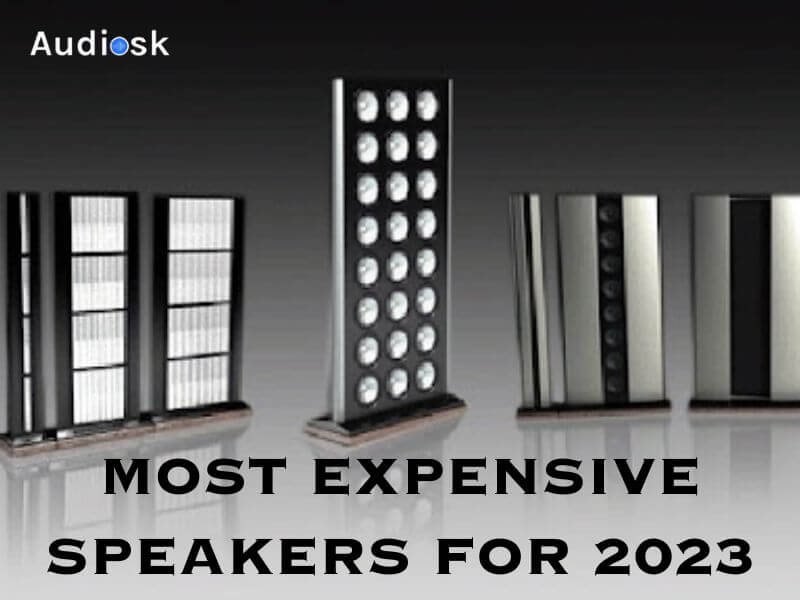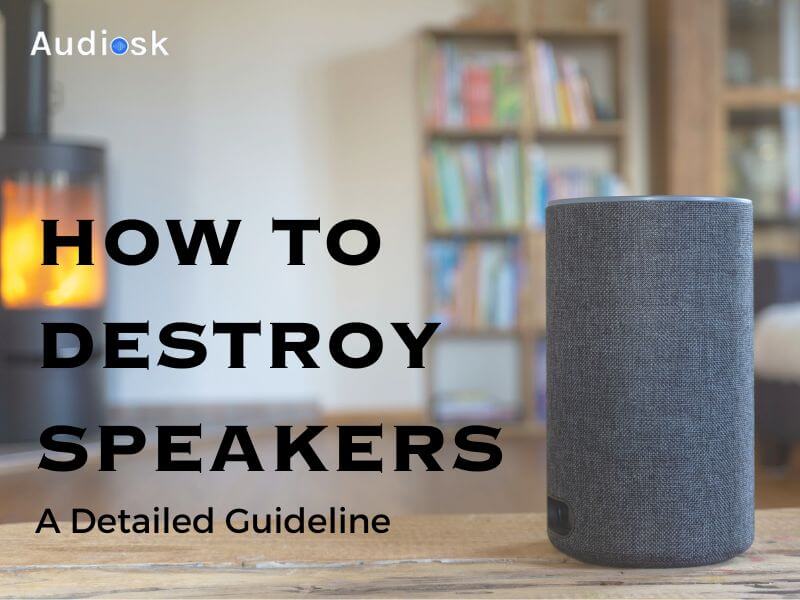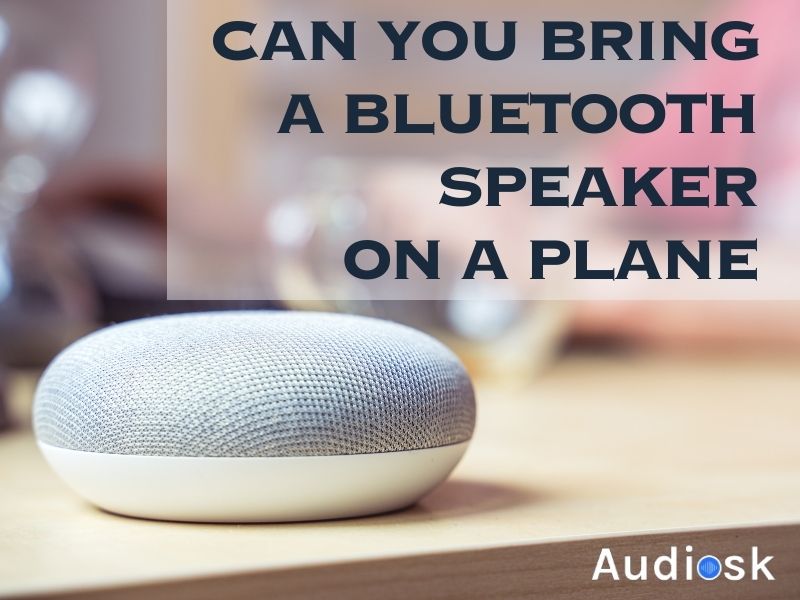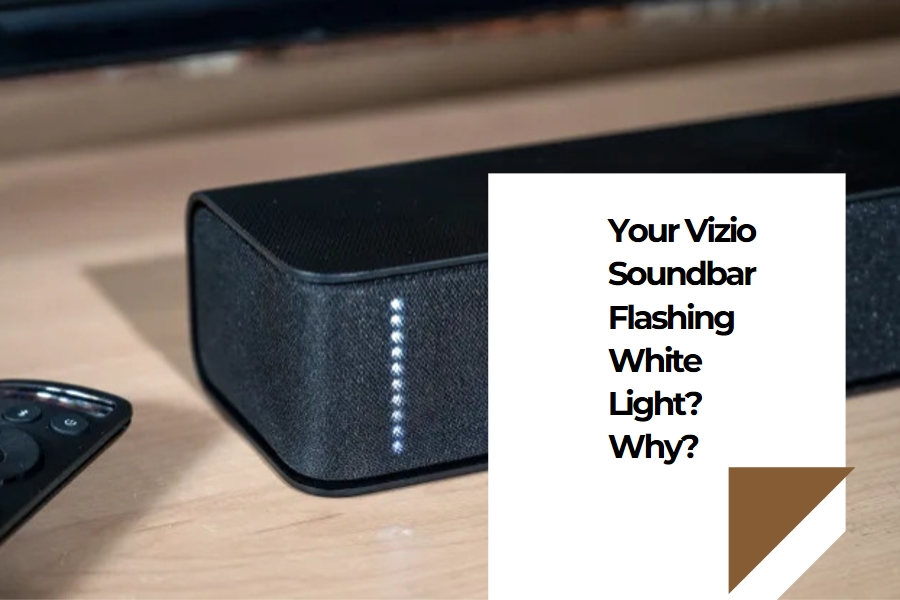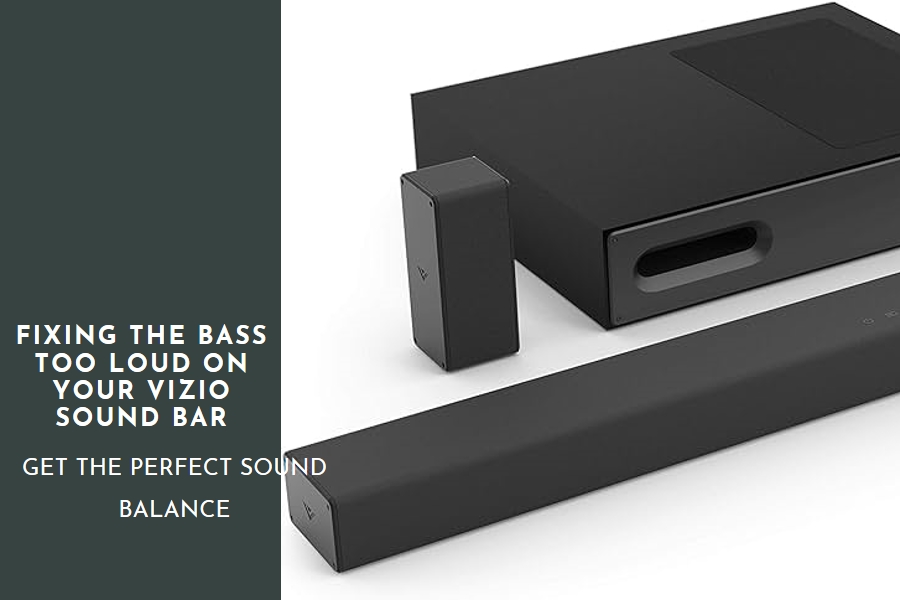It’s really annoying when sounds you don’t want to mess up your music or movies. This often happens when one of your speakers makes a crackling noise while driving. If this has happened to you, you know it’s a big bother. You want to fix it right away. But first, you need to know why it’s happening.
Come check out Audiosk, your go-to place for awesome audio content that’s ready and waiting for you!
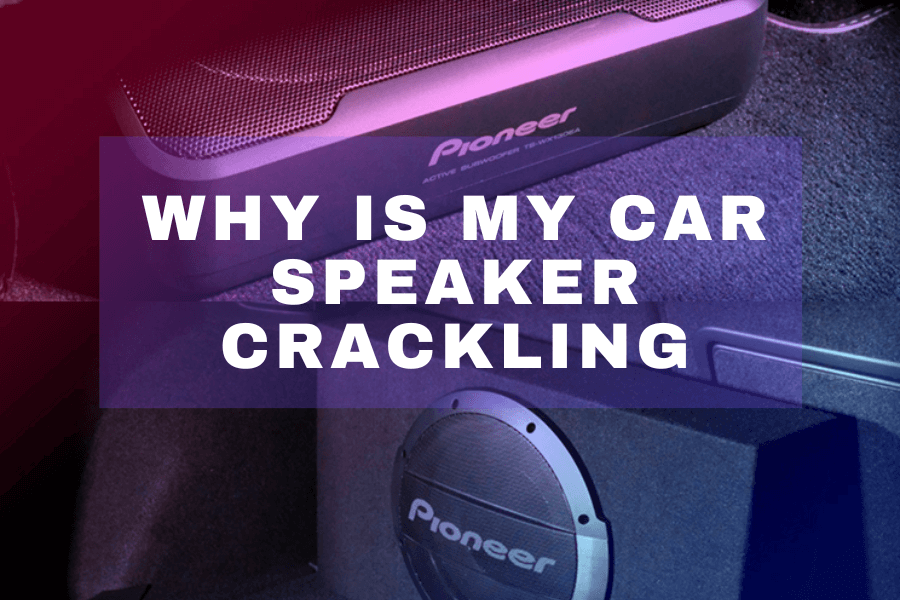
Why Are My Car Speakers Crackling?
Speaker Crackling: It’s usually because of a connection issue. There’s a bad wire somewhere between our amplifier and the speaker driver. This bad wire makes the driver move suddenly and creates interference. The tricky part – the bad connection could be in many places, some are simple to fix, others not so much.
Loose Wire Problems: This is usually the easiest reason why speakers make crackling noises. We always check the wires that link our amplifier to our speakers. We make sure they’re really tight and not broken. If moving the wires changes how things sound, it’s probably a wire problem. We might have to get new wires if they’re old and not working well.
Old Speaker Wires: Speaker wires can get old over time, especially if we don’t take good care of them. This aging can make wires come out, which can make a short and cause crackling sounds when you turn it. We keep our speaker wires dry to stop them from getting rusty and change them if they look old.
Weak Radio Signal: If crackling happens a lot when we listen to the radio, it might be because the signal isn’t strong. We try to get closer to where the signal comes from or use a signal booster to make it better.
Broken Voice Coil: The voice coil in a speaker can get old or break, which makes crackling noises. A broken voice coil might make a high squeal or make the speaker sound weird or fuzzy. We usually need to replace the voice coil when this happens.
Amplifier Problems: If there’s something wrong with the amplifier, like bad tube connections, it can make the sound distorted or crackly. Since the amplifier makes the sound louder, any problems with it can really change how the audio sounds.
Dirty Speaker Buttons: If there’s dirt on the speaker buttons, they might not work right, which can cause static and make the sound not clear. We clean the buttons to fix this problem.
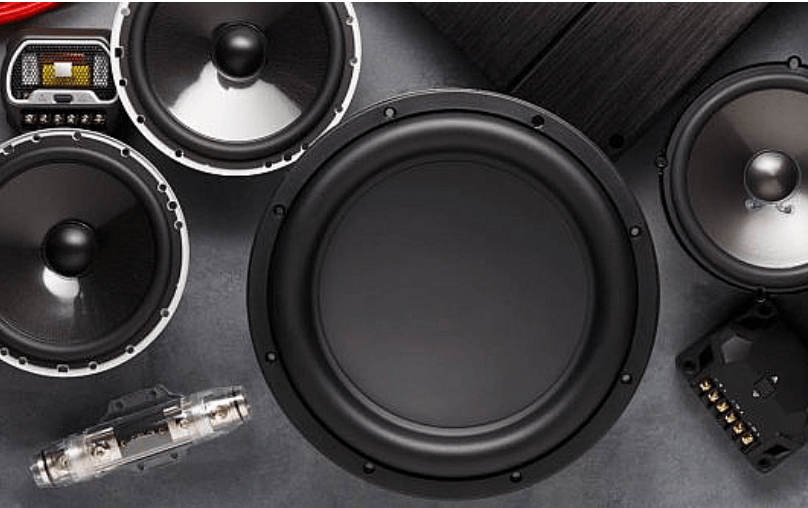
Can Crackling Damage Speakers In My Car?
When we hear a speaker making crackling noises, it might already be broken. The biggest risk to the speaker comes from choppy electric flow. This can really stress the speaker’s voice coil and might hurt its electric or mechanical parts.
We often see mechanical damage as broken or cracked cones. This happens when the voice coil moves in a shaky way. If the speaker’s voice coil gets hurt or blows out, that’s electrical damage.
If you notice popping or crackling sounds from a speaker, it’s important to find which speaker is making the noise. Don’t use it until you fix the issue. Using a broken speaker can harm not just the speaker itself but also other parts of your car’s sound system.
Besides, Car speaker crackling can occur for various reasons, ranging from wiring issues to damaged speakers or amplifiers. One less common yet perplexing situation is when radio change stations by itself, contributing to the crackling dilemma.
This unexpected station-switching behavior could stem from electromagnetic interference or glitches in the car’s radio system. When the radio changes stations autonomously, it may disrupt the audio signal, causing crackling sounds in the speakers.
Troubleshooting such issues requires a careful examination of the vehicle’s electrical system, including checking for loose connections, faulty wiring, or potential radio malfunctions. Addressing the underlying causes of both the radio’s autonomous actions and the crackling sounds will help ensure a smoother and clearer audio experience while driving.
How Do You Check Crackling Car Speakers?
When car speakers crackle, it’s often due to a faulty connection, but it could also be other components. Here’s a slightly revised guide to check your sound system:
- Inspect Wired Connections: If you’ve got a custom sound system or an older one, check if any connections have loosened or if the wiring needs updating.
- Evaluate Wireless Connections: Problems could stem from wireless connections like Bluetooth, not necessarily the speakers.
- Modify Audio Levels: Your speakers might be struggling with the current volume, bass, or treble levels. Try adjusting them to see if it improves the sound quality.
- Examine Speaker Components: Look at the cones and voice coils. While cones might be easier to fix yourself, voice coils are more complex. If a voice coil is touching a magnet, it can cause crackling. You might need a professional for this.
Sometimes, repairing individual parts of your sound system could be more expensive than replacing parts or the entire system.
If you’re grappling with crackling speakers in your car and suspect issues with your JVC car stereo, a potential solution involves learning how to reset JVC car stereo. A JVC car stereo reset can often resolve glitches causing the crackling noises. If your sound system is new and having issues, it could be a factory defect. Review the return policy for any faulty parts you discover.
What If I Can’t Figure Out Where The Crackling Is Coming From?
Yes. Getting help is a great idea. If you’re not sure about fixing it on your own, visiting the Forums is a smart move. The community there is really helpful and full of ideas. They can guide you through the process. Once you fix it, the annoying crackling sound should be gone, and you’ll be able to enjoy your speakers just like before.
Conclusion
Car speakers can start crackling due to wear and tear. Common reasons include damaged connectors, interrupted audio signals, or issues with the source material. Step into the amazing world of Audiosk – where top-notch audio adventures await you!


